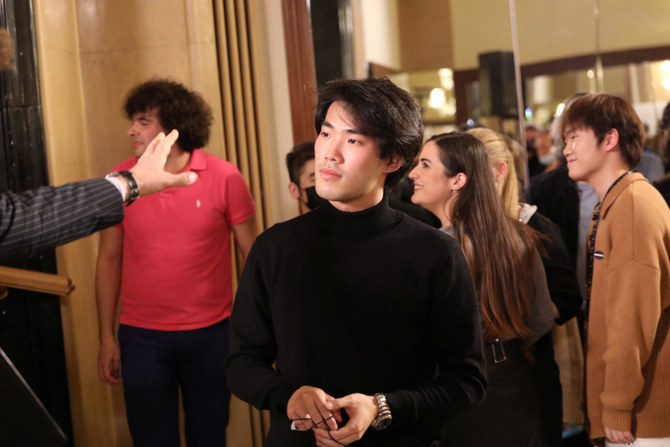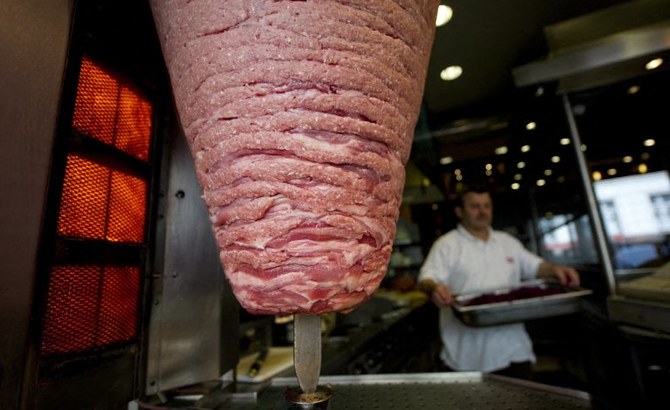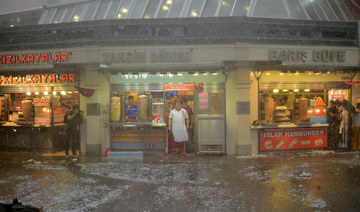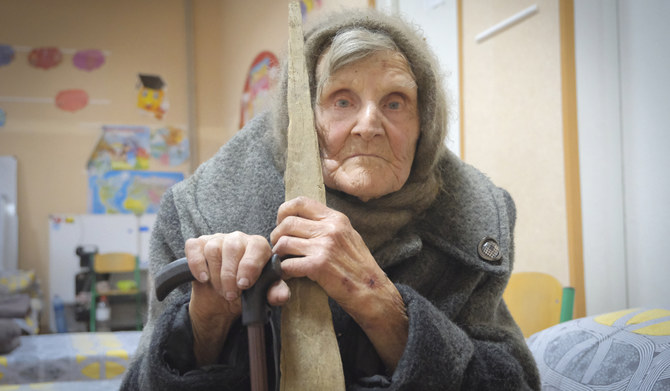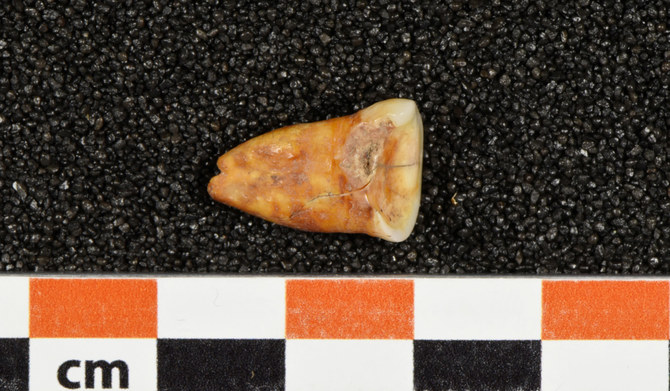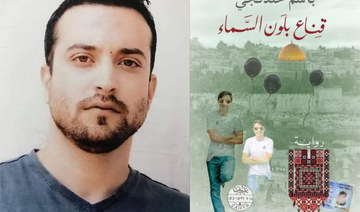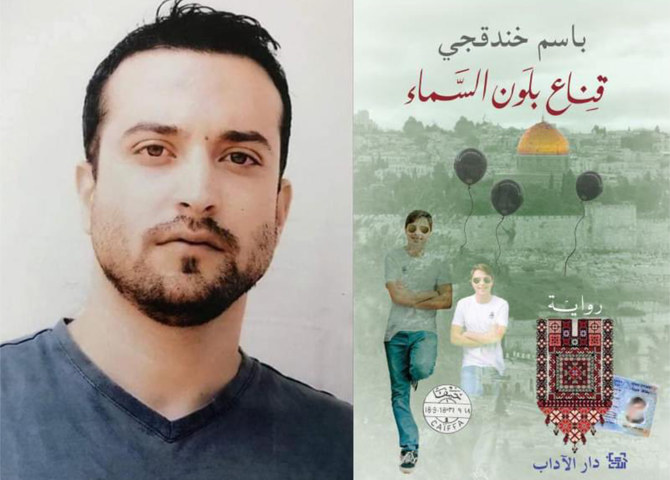WARSAW, Poland: Canadian pianist Bruce Xiaoyu Liu was awarded first prize in the Chopin piano competition in Warsaw on Thursday, clinching one of the world’s most prestigious music awards.
“Being able to play Chopin in Warsaw is one of the best things you can imagine,” 24-year-old Liu said as the jury announced their decision at the Warsaw Philharmonic Concert Hall.
The first prize in the 18th Frederic Chopin international piano competition comes with a 40,000-euro ($45,000) award.
Japan’s Kyohei Sorita, 27, came joint-second with 26-year-old Italian-Slovenian Alexander Gadjiev.
Spain’s Martin Garcia Garcia, 24, came third.
The winner will receive a gold medal and the financial prize funded by the office of Poland’s president, as well as prestigious recording and concert contracts.
The second prize is worth 30,000 euros ($35,000,) third prize is 20,000 euros ($23,000,) and the fourth is 15,000 euros ($17,000.) There are also prizes for the fifth, sixth and seventh place as well as other awards for the finalists, funded by Poland’s government, music institutions and by private donors.
Held every five years since 1927, the Chopin competition would normally have been held last year, but was postponed because of the coronavirus pandemic — a first since World War II.
“It was challenging to get all the competitors into Poland,” Artur Szklener, director of the National Institute of Frederic Chopin, which organizes the competition, had told AFP.
But one of the 17 jury members, Argentinian concert pianist Nelson Goerner, said that pandemic-related lockdowns helped raise the standard of this year’s competition.
“The level this year is remarkable,” Goerner told AFP earlier in the competition.
“The pianists have had more time to prepare and I think the pandemic has awakened in all of us a desire to go further, to surpass ourselves,” he said.
“You can hear it in how these young pianists are playing.”
Born in Paris, Liu graduated from Montreal Conservatoire.
He has performed with the Israeli Philharmonic Orchestra and the Montreal Symphony Orchestra and has been on two tours in China.
“The pandemic actually made this kind of meeting for me more special,” Liu said after his victory.
Liu said he had to be “really careful all the time” during the coronavirus crisis, so as to be able to keep up his competition and concert schedule, and as a result had “not met many people” in the past two years.
He also said he hoped the competition would be “just a start” in his musical journey.
“It’s hard to keep the freshness, to continuously find new ideas so I hope this is not the last point,” he told reporters.
He added that he was looking forward “to be finally able to sleep and party.”
This year’s event drew 87 pianists from across the globe, including 22 from China, 16 from Poland and 14 from Japan.
Broadcast live on YouTube and via a bespoke mobile app, the contest attracted record online interest.
Some 70,000 people watched the result streamed online.
Among previous winners are Maurizio Pollini of Italy, Argentina’s Martha Argerich, Garrick Ohlsson from the United States, Poland’s Krystian Zimerman and Artur Blechacz, and Seong-Jin Cho of South Korea.
Chopin, Poland’s best known and beloved classical music composer and pianist, was born in 1810 in Zelazowa Wola near Warsaw to a Polish mother and a French father. He left Poland at 19 to broaden his musical education in Vienna and then in Paris, where he settled, composing, giving concerts and teaching the piano. He died on Oct. 17, 1849, in Paris and is buried at the Pere Lachaise cemetery. His heart is at the Holy Cross Church in Warsaw.
The auditions can be followed live on the Chopin Institute YouTube channel and on Polish state radio.




